Can Adult Cats Eat Kitten Food? A Comprehensive Guide
As a caring cat owner, you may ponder, “Can adult cats eat kitten food?” Whether by accident or out of curiosity, this question reflects a need for reliable information on feline nutrition.
Rich in calories and nutrients, Kitten food is crafted to support young felines’ rapid growth and energy requirements. But does it suit an older cat’s dietary needs?
We will discuss the differences between kitten and adult cat food, examine potential health implications, and answer other pressing questions to guide you in providing the best care for your dear companion. So, let’s begin.
Can Adult Cats Eat Kitten Food?
Yes, adult cats can eat kitten food, but it’s not typically recommended as a regular diet option. Kitten food is formulated for kittens’ high energy and growth requirements and contains a higher calorie content and nutrient density to suit their developmental needs.
Adult cats have different nutritional requirements that align with their slower metabolism. Therefore, feeding your adult cat kitten food consistently might not provide the balanced diet they need.
However, an occasional nibble from a kitten’s plate is generally harmless. It’s essential to choose cat food that matches your pet’s life stage for optimal health and well-being.
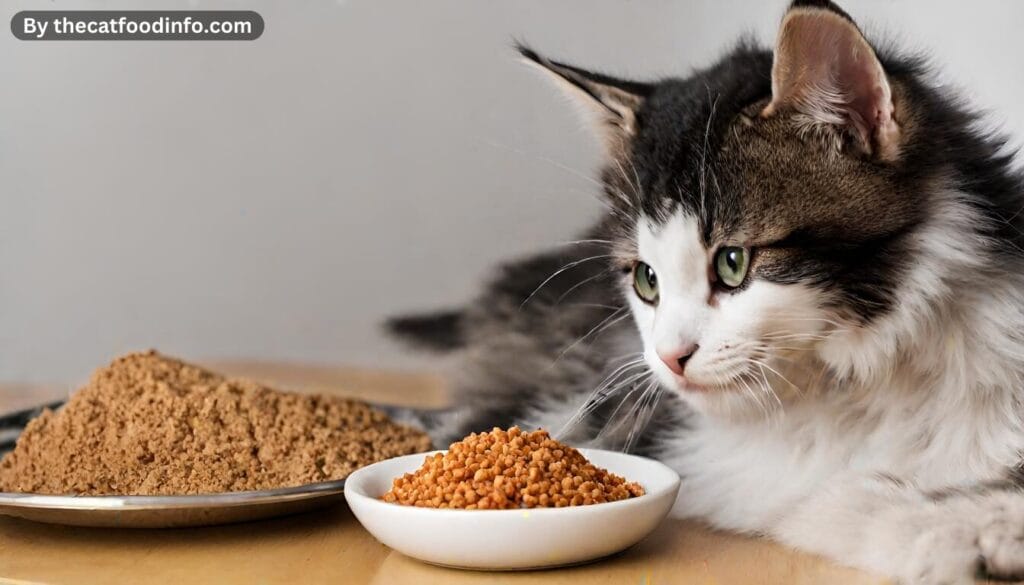
Some Differences Between Kitten and Adult Cat Food
Amount of Protein
Kitten food typically has a higher protein content than adult cat food to support their rapid muscle development and growth. Proteins are the body’s building blocks and are crucial for a kitten’s growth spurt.
Adult cats still require protein, but not at the high levels found in kitten formulations, as their growth has stabilized, and excess protein can lead to weight gain and other health issues in a mature cat.
Number of Calories
Kitten food is calorie-dense to supply the energy that playful and growing kittens require. Since kittens are typically more active and have faster metabolisms, these additional calories are crucial for their health and vitality.
In contrast, adult cats, which often have a more sedentary lifestyle and a slower metabolic rate, need fewer calories to prevent unnecessary weight gain. Their food is designed with this caloric difference, ensuring they maintain a healthy weight throughout adulthood.
Minerals and Vitamins
Kitten food is enriched with a particular blend of vitamins and minerals to cater to a growing cat’s needs, such as calcium for strong bone development. These targeted nutrients are pivotal during the early life stages, ensuring kittens have the support for a healthy start.
As cats mature, their nutritional emphasis shifts. Adult cat food contains a carefully measured balance of vitamins and minerals formulated to maintain health rather than support rapid growth. A balanced adult diet aims to maintain the adult cat’s body condition, not to stimulate the kitten’s rapid growth.
Fats and Fatty Acids Content
Kitten food is high in fat and fatty acids to support brain development and energy levels. These nutrients are crucial during a kitten’s first year because they contribute to cognitive development and ensure that kittens have the energy to learn and play.
Conversely, while adult cats also benefit from fat for energy, the ratio is lower to accommodate their more consistent energy requirements and maintain their overall health. Adult cat food is intended to provide a balanced diet that supports the adult cat’s lifestyle.
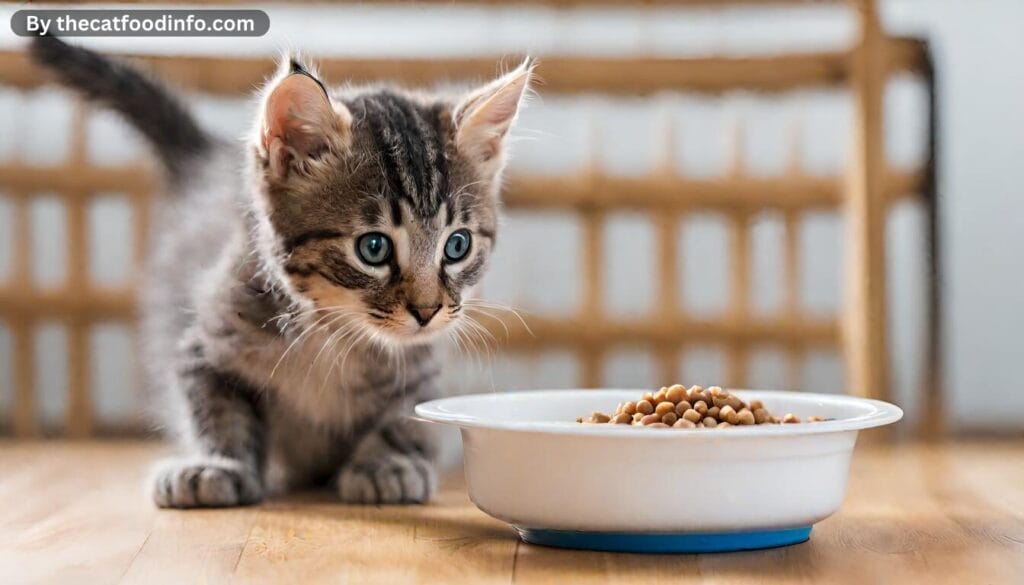
Health Implications of Feeding Adult Cats Kitten Food
Weight Gain
Feeding adult cats’ kitten food regularly can lead to weight gain. This is because kitten food has more calories to help them grow, but adult cats don’t need as many since they aren’t growing anymore and are less active.
Nutrient Imbalance
Adult cats eating kitten food may get too many nutrients like protein and fat, which are higher in kitten food. This can mess up the balance that adult cats need for their health.
Digestive Troubles
Kitten food might be too rich for adult cats and can upset their stomach. This could mean more trips to the litter box and an unhappy cat.
Possible Health Problems
Over time, eating the wrong food can cause health problems for adult cats, like heart and joint problems, because of the extra weight and unbalanced diet.
Can Kitten Food Be Beneficial To Adult Cats?
Yes, adult cats do better with kitten food sometimes if they need it, but under certain conditions. This could be the case when dealing with a cat that is malnourished or underweight and needs an extra calorie boost or for a cat that is recovering from illness or surgery and requires nutrient-dense food to regain strength.
Pregnant or nursing cats may also benefit from the high-calorie content and nutrients in kitten food to support their increased energy needs.
However, it is crucial to consult your veterinarian before making any dietary changes, especially for prolonged periods, as kitten food is not designed to meet the daily dietary requirements of a healthy adult cat.
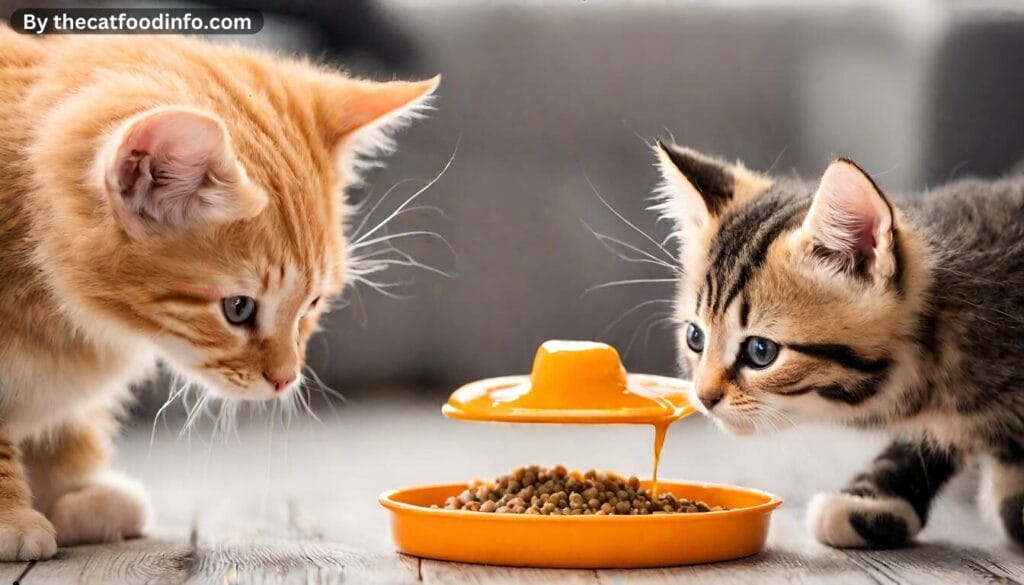
How to Introduce Kitten Food To An Adult Cat?
Introducing kitten food to an adult cat should be a careful and slow process. Mix a small amount of kitten food with their usual adult cat food. Gradually increase the kitten food portion over several days. This method helps prevent stomach problems and lets your cat adjust to the new food.
Always watch for changes in your cat’s digestion or behaviour, and consult your vet if you see issues. Remember, kitten food is for adult cats’ short-term needs, not everyday meals.
Do Any Adult Cats Benefit From Kitten Food?
Adult cats can benefit from the calorie and nutrient-rich nature of kitten food. This is especially true for cats who are underweight or recovering from sickness and require a concentrated source of calories and nutrients to regain their strength.
Additionally, pregnant or lactating mother cats may have higher energy and nutrient levels in kitten food to meet their growing needs. However, always consult a vet before changing diets, as long-term dependence on kitten food is inappropriate for healthy adult cats.
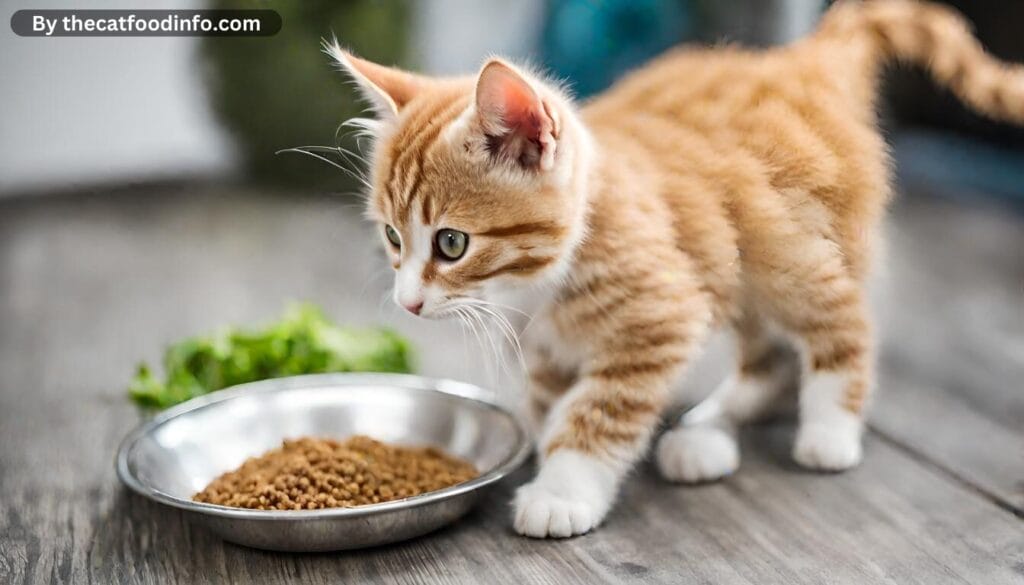
Conclusion
Finally, understanding the nutritional differences between kitten and adult cat foods is fundamental to your friend’s lifelong health and happiness. While kitten food meets young cats’ vigorous growth and energy requirements, adult cat food is perfectly balanced to maintain health and vitality. Only in particular circumstances, such as for cats recovering from illness or pregnant and lactating, should kitten food be considered for adult cats — and even then, only under veterinary guidance.
Keep your cat’s meals aligned with their life stage, and you’ll be contributing to their wellbeing, avoiding preventable health issues, and ultimately enjoying the loving companionship of your furry family member for years to come. Remember, a nutritionally balanced diet is a cornerstone of a healthy, feline life.
FAQs
Can Adult Cats Eat Kitten Food Every Day?
No, they should not.
Can Kitten Food Cause Any Health Problems In Cats?
Yes, it can lead to obesity and nutrient imbalance.
Can Other Pets Eat Kittens Food?
No, it’s not advisable.
Can I Give My Older Cat Kitten Food?
Yes, if they have higher energy needs or require more nutrients.
Can A 5-Month-Old Kitten Eat Adult Cat Food?
Not recommended; kitten food is more suitable until they’re at least one year old.

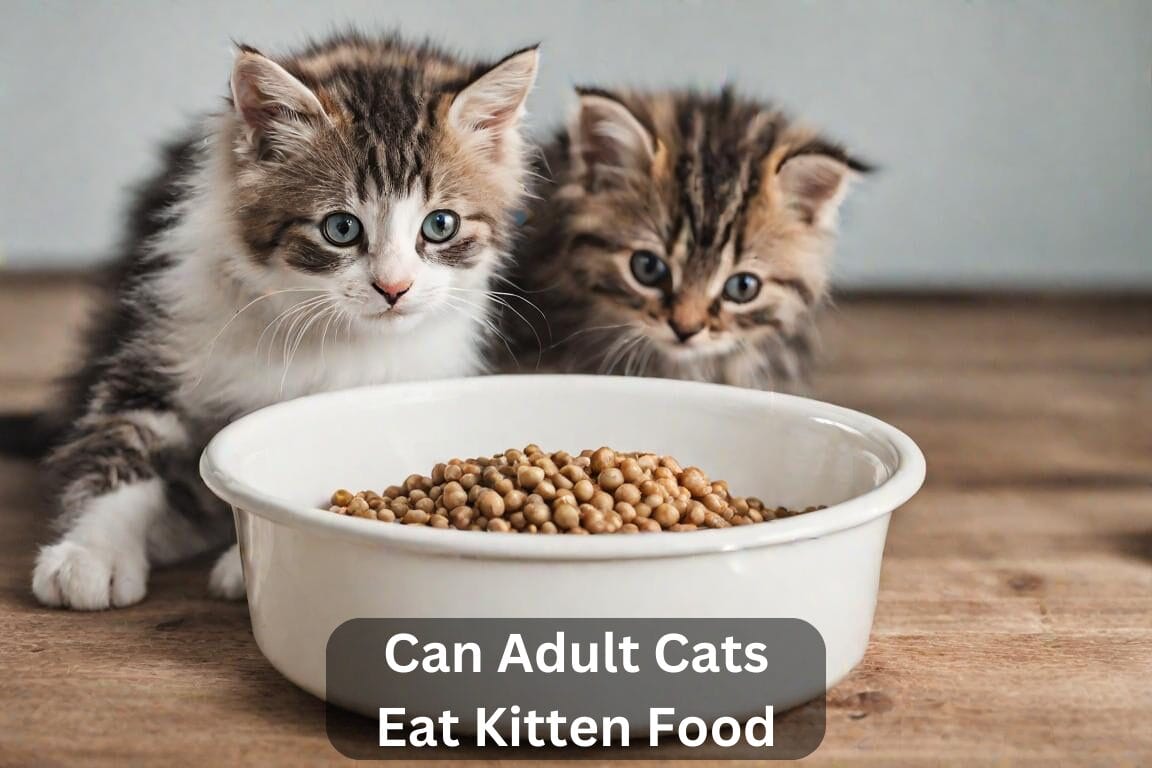
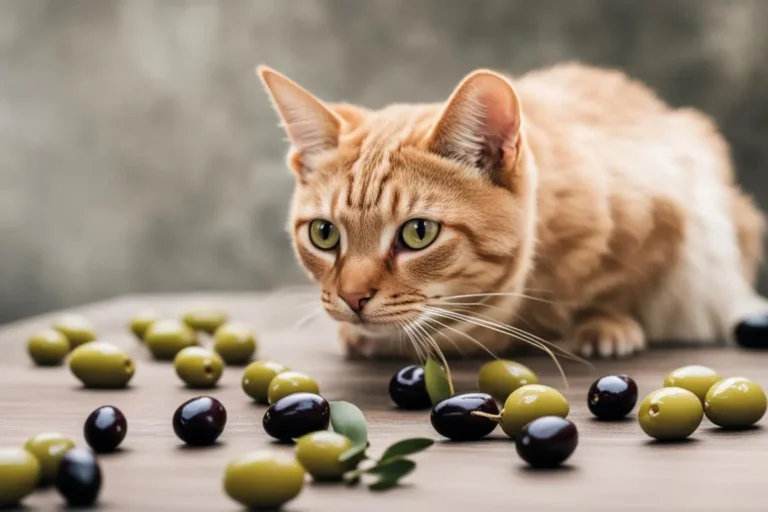
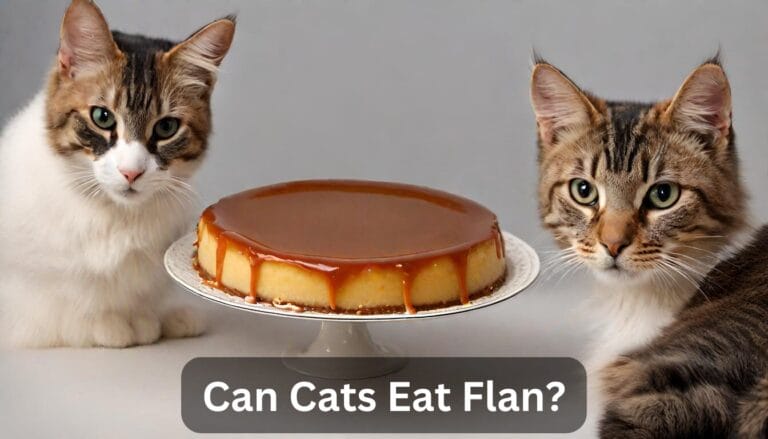
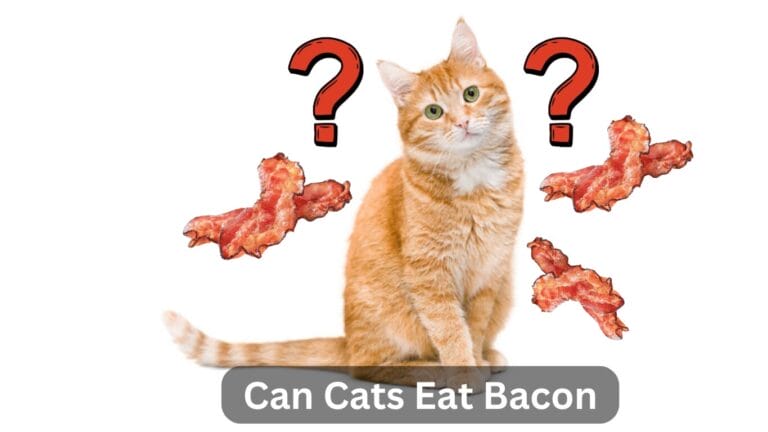
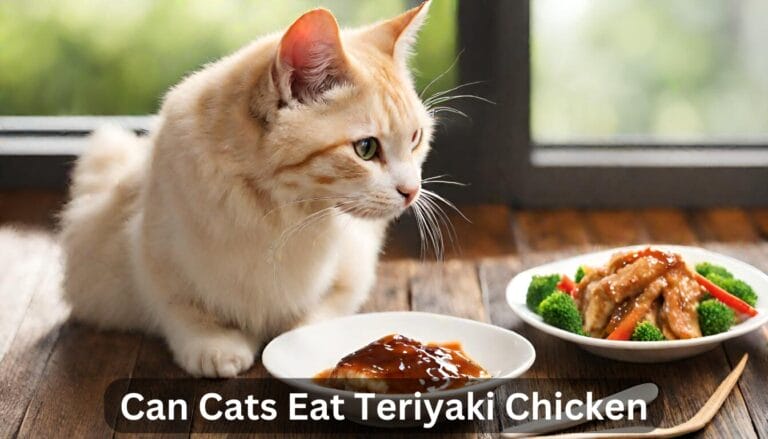
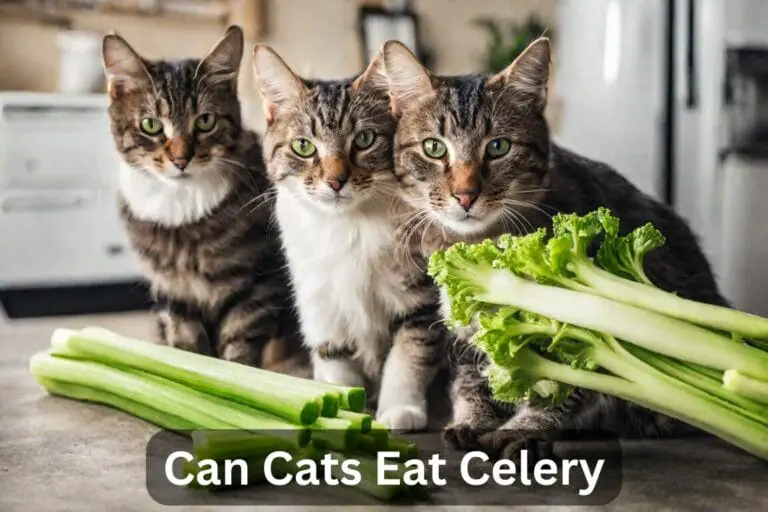
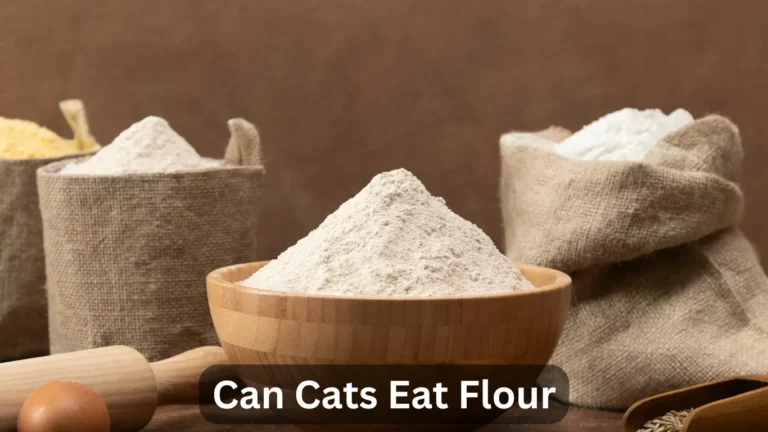
One Comment